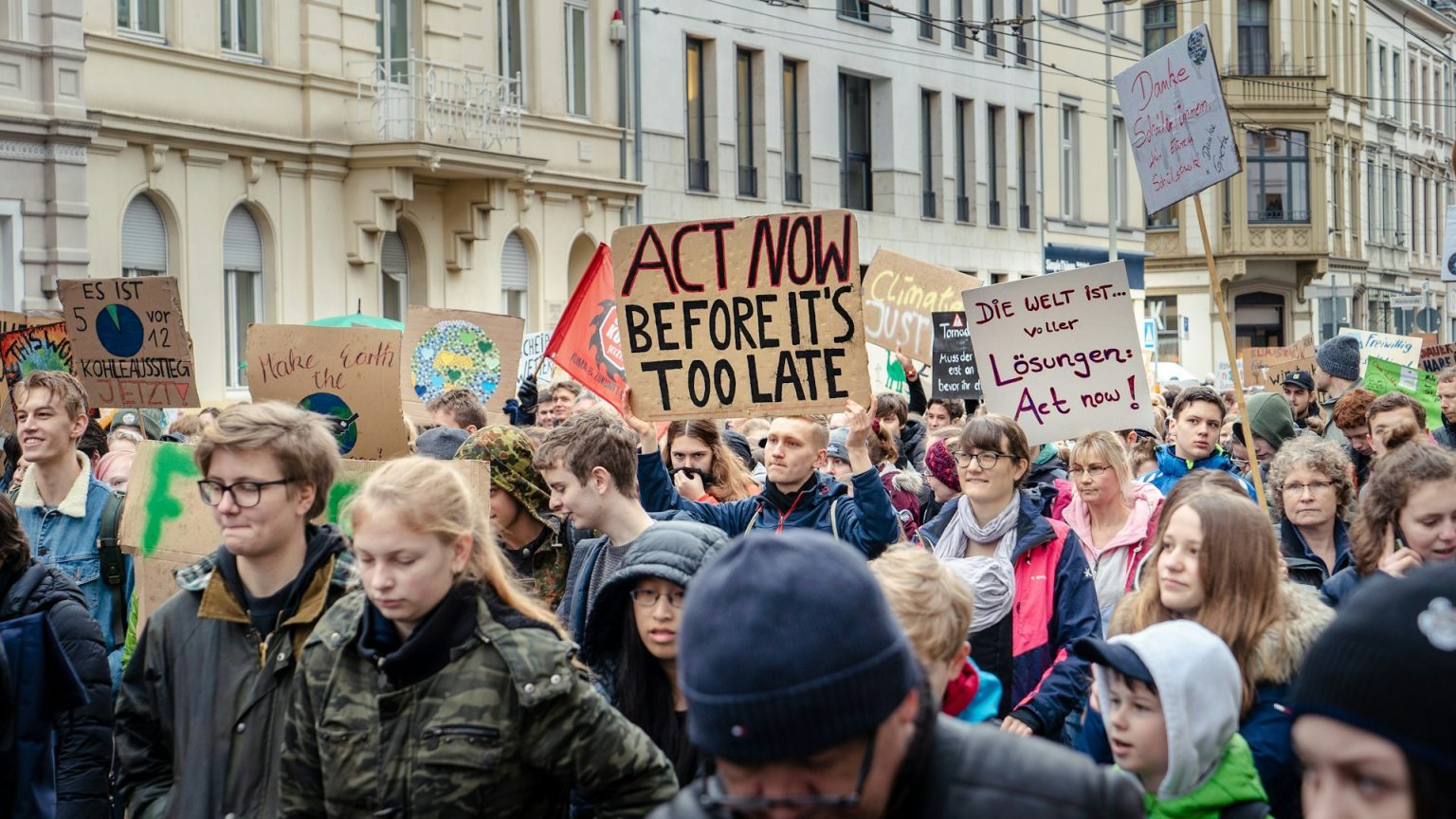What do people around the world think about climate change?

Marcos del Mazo/LightRocket via Getty Images
Climate change is reversible – that’s the view of 80% of Chinese people, according to a report from the European Investment Bank (EIB).
That level of optimism isn’t, however, a global phenomenon. Large numbers of people in the EU and US believe there is nothing that can be done. Northern Europeans, in particular, share this concern; approximately 40% of people in France and Poland think we have gone beyond the tipping point, compared to just over one-quarter in Italy and Spain.

Climate dominates people’s worries
Across Europe, 47% of people view climate change as the biggest challenge in their lives. Healthcare and health services (39%) and unemployment (39%) are ranked as the second biggest challenges to society, with political instability, terrorism and cyberattacks further down the list.
There are regional variations. Southern Europeans regard unemployment as their greatest problem, while according to the EIB, those in Austria, Denmark, Germany, the Netherlands, and other Northern European countries are more worried about the climate.
In China, the level of concern is even higher than in Europe, with 73% worried about the climate crisis. In the US, 39% view it as a major threat.

Climate risks dominate
Climate change has a wide-ranging impact, affecting everything from agricultural yield volumes to flooding and coastal erosion. In mid-2019, hundreds of thousands of people were affected by floods in Bangladesh that were described as among the worst ofrecent years. The country is low lying, and home to the Ganges river delta and many other smaller rivers. Changes in sea level are likely to affect Bangladesh and other coastal parts of the world disproportionately.
In the World Economic Forum Global Risks Perception Survey 2018-2019, which informed the Global Risks Report 2019, climate-related risks dominate the most pressing and substantial threats.
It says the two most likely threats are extreme weather and the failure of concerted efforts to affect climate change. These are also in the top three risks felt to have the most significant potential impact.

Environmental migration
The EIB surveyed 30,000 people from 30 countries. One of its key themes was climate-induced migration. Throughout Europe, 82% of respondents revealed that they think climate change and extreme weather events will force people to leave their home countries.
Almost one-quarter (24%) of Europeans think they will relocate to another country because of climate change, with 41% of younger Europeans saying it’s likely they will move. While 33% of Austrians aged between 15 and 29 anticipate making such a move, more than one-half (51%) of similarly aged Spaniards are prepared to move.
Reprinted with permission of the World Economic Forum. Read the original article.





